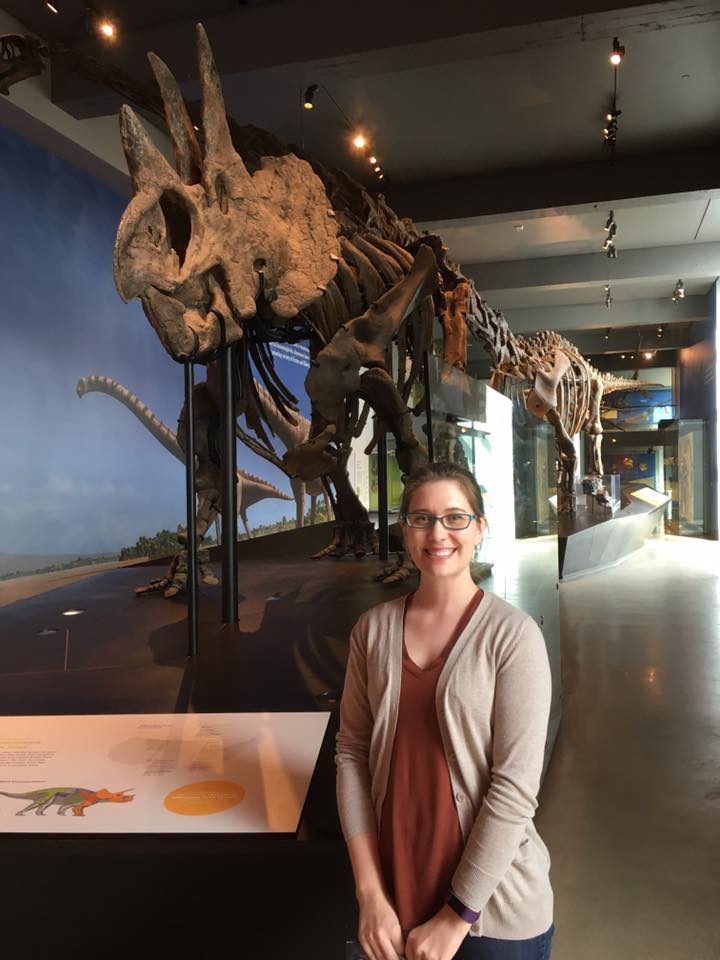We’re excited to introduce you to our colleague, Jenna Strawbridge, who’s been doing incredible work developing the Scholarly Communication Notebook (SCN). You’re going to be hearing more from Jenna, her great work, and the SCN soon, but for now we asked her to write a short introduction. Help us welcome Jenna!

Hello! I joined the Scholarly Communication Notebook initiative in February 2020 as a graduate research assistant. My interest in the SCN platform, including the behind-the-scenes technological and metadata wonders, stems from my background in museum collections and higher education. After getting my BA degree in anthropology from the University of Texas in 2011, I sought an MS degree in evolutionary anthropology with a graduate certificate in museum studies from the University of New Mexico. While at UNM, I taught undergraduate laboratory courses in human evolution which really sparked my interest in teaching. I spent about 7 years on-and-off in the museum and archives field with the Texas Historical Commission’s Curatorial Facility for Artifact Research, Maxwell Museum of Anthropology, Albuquerque Museum of Art & History, Chaco Culture National Historical Park, Western Archeological & Conservation Center, and the University of Arizona’s Laboratory of Tree-Ring Research. I was most interested in records management related to archaeological and natural history museum collections.
In 2018, I started my MLIS degree from the University of South Carolina and just recently graduated. I worked for one year as a librarian at Morton College, a small community college outside of Chicago in 2019, and began working in technical services at Duke University in early 2020. When I saw the job listing pop up to work with the SCN team, I knew this would be a great opportunity to meld together some of my previous museum collections and data management experience as well as my newly acquired library technical skills and personal interest in open education, pedagogy, and the entire research process.
I’m looking forward to getting to know the OER and scholarly communication communities better!
